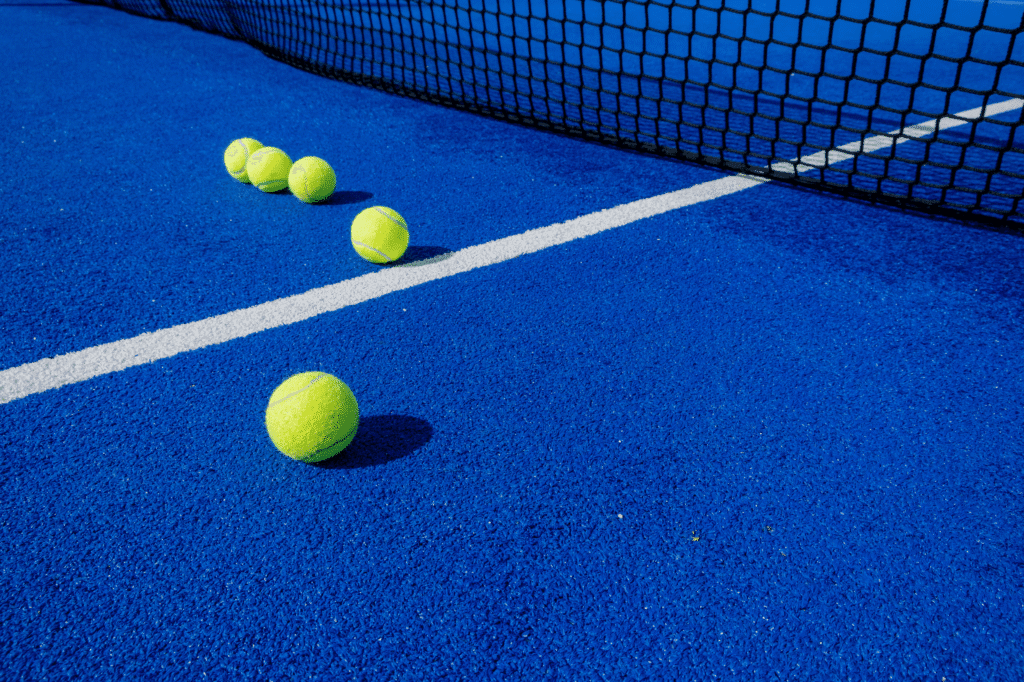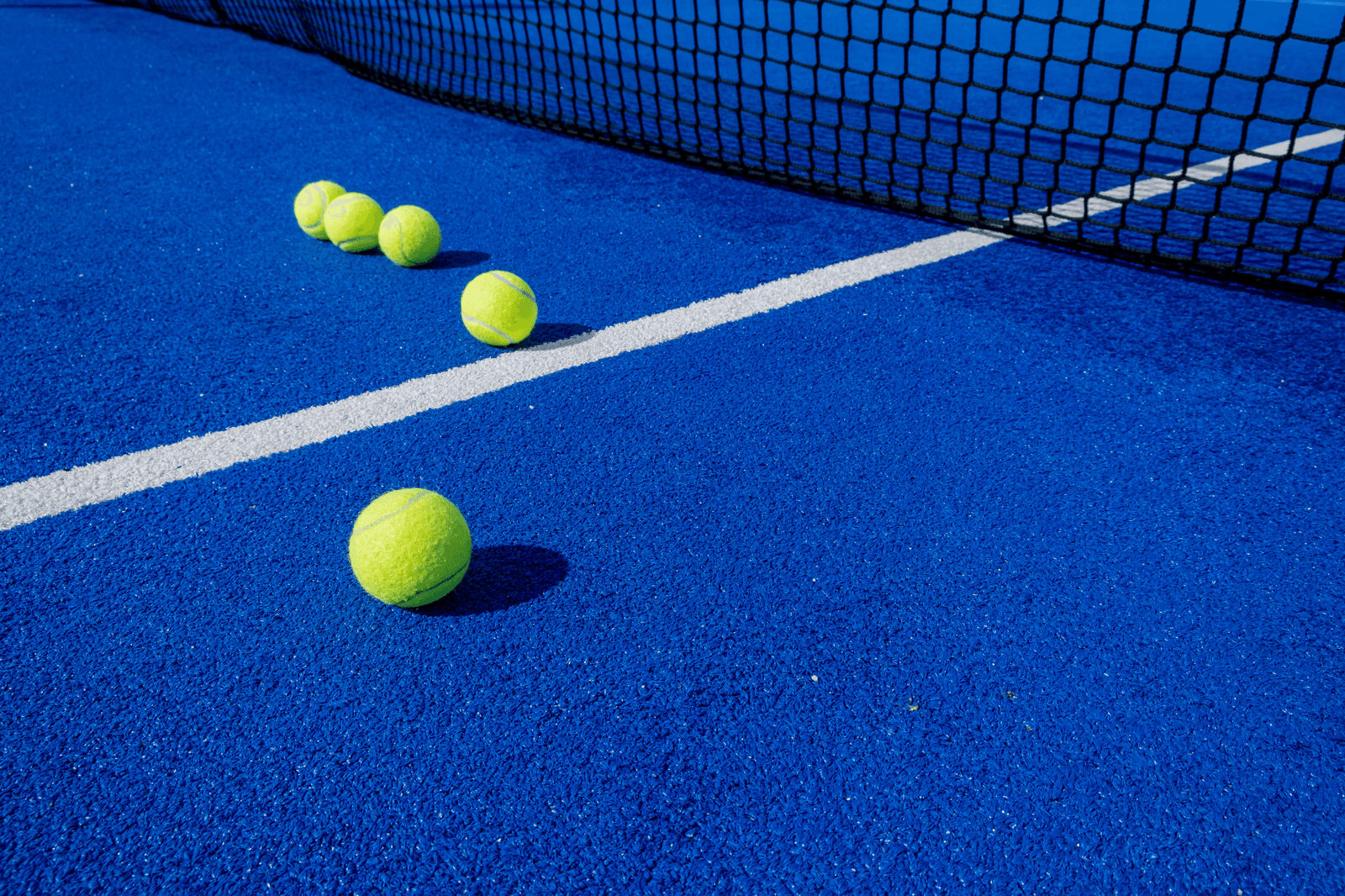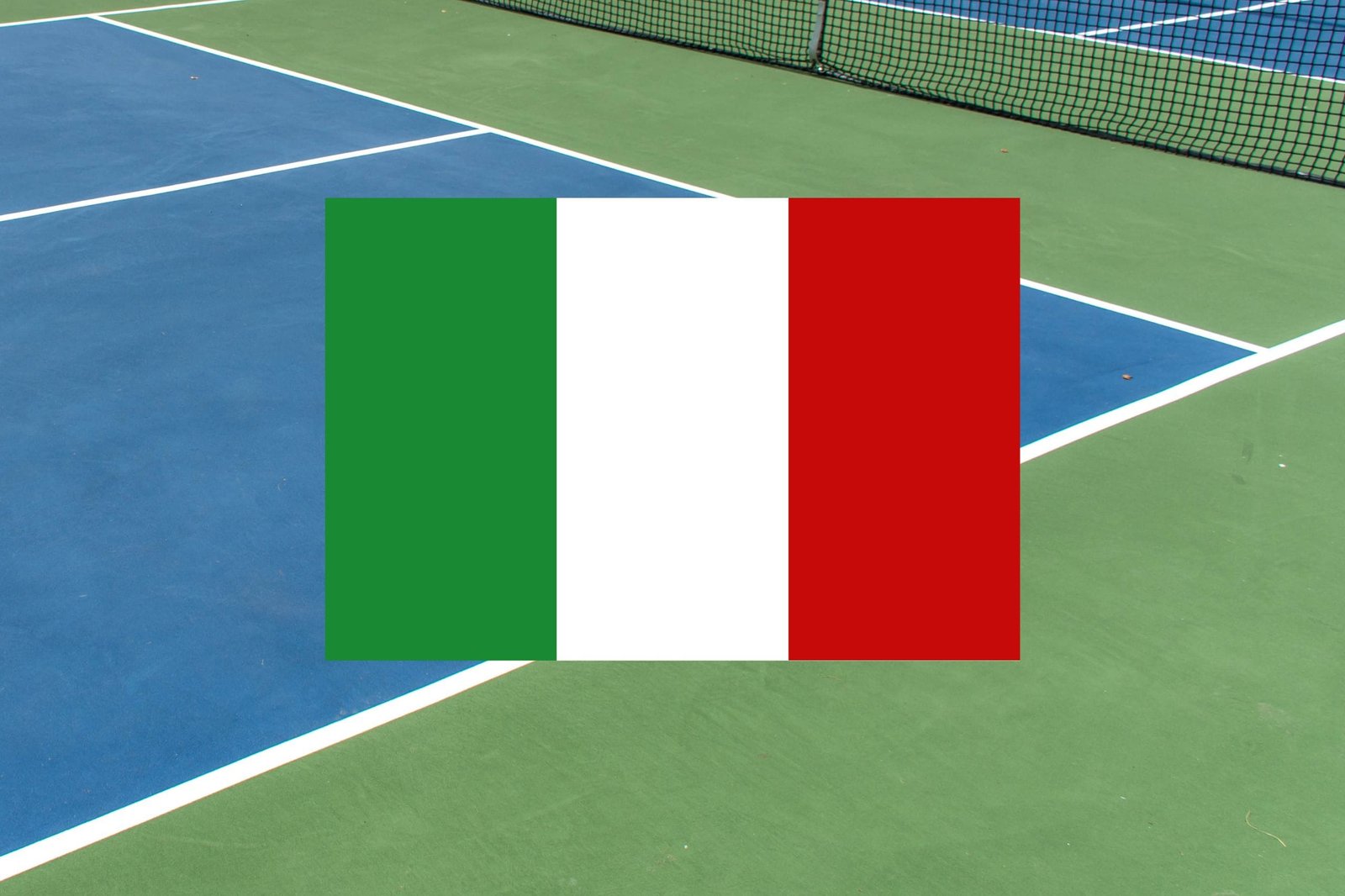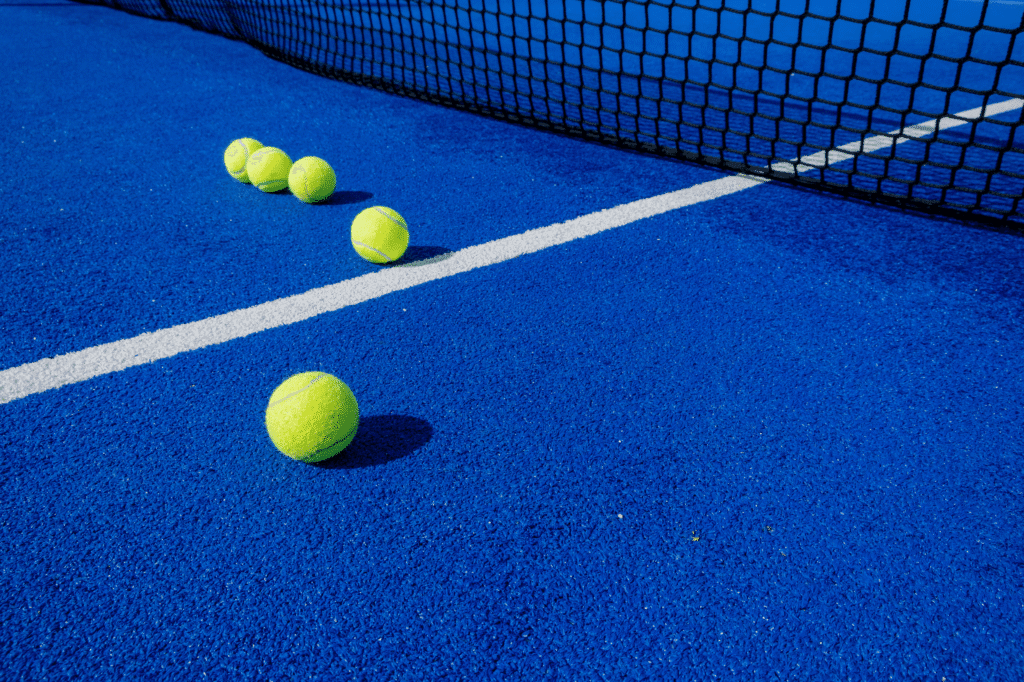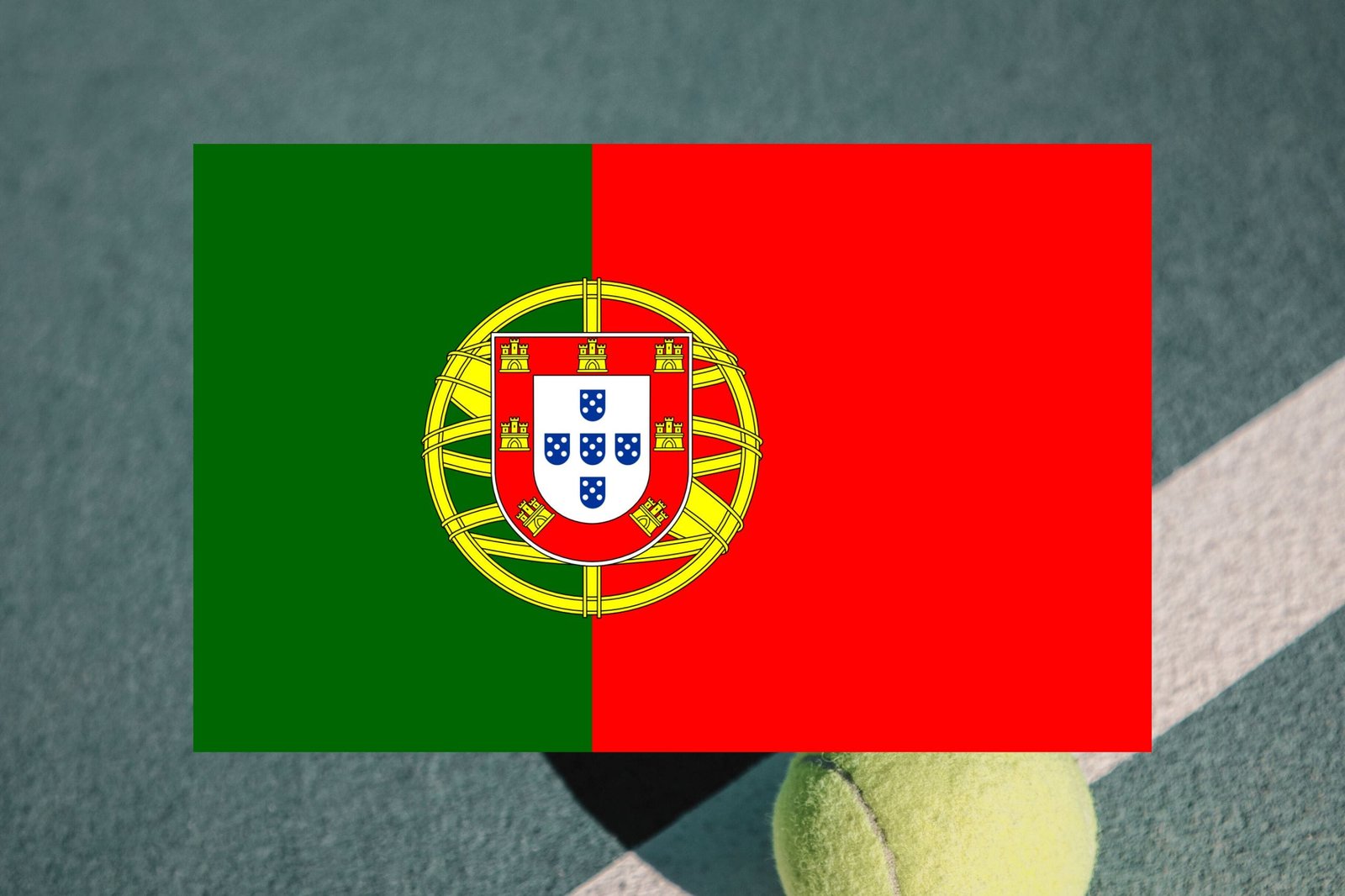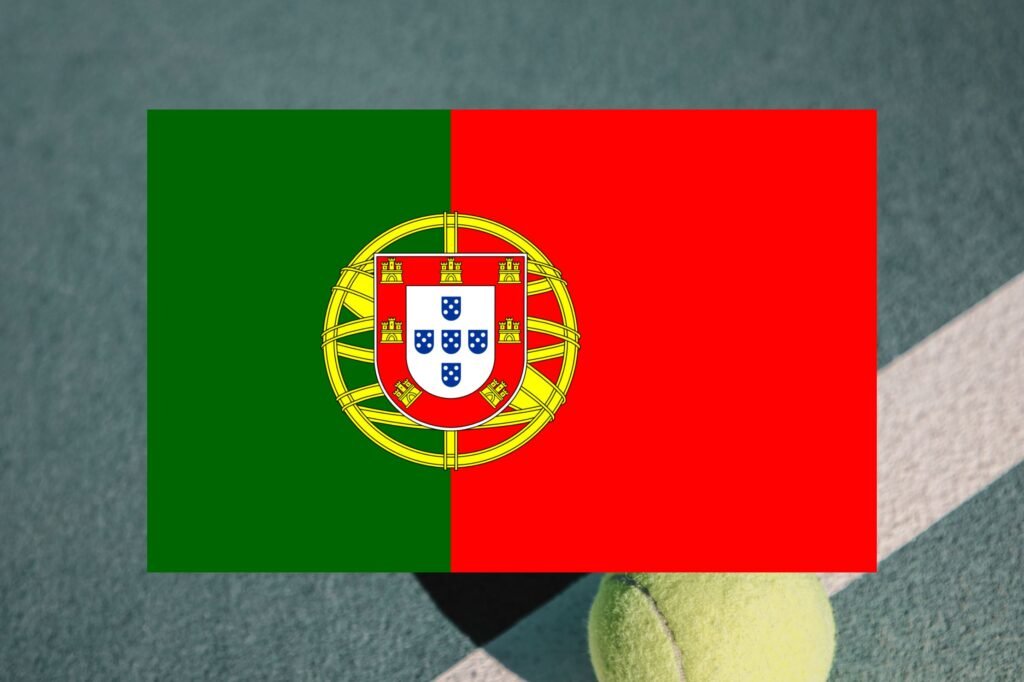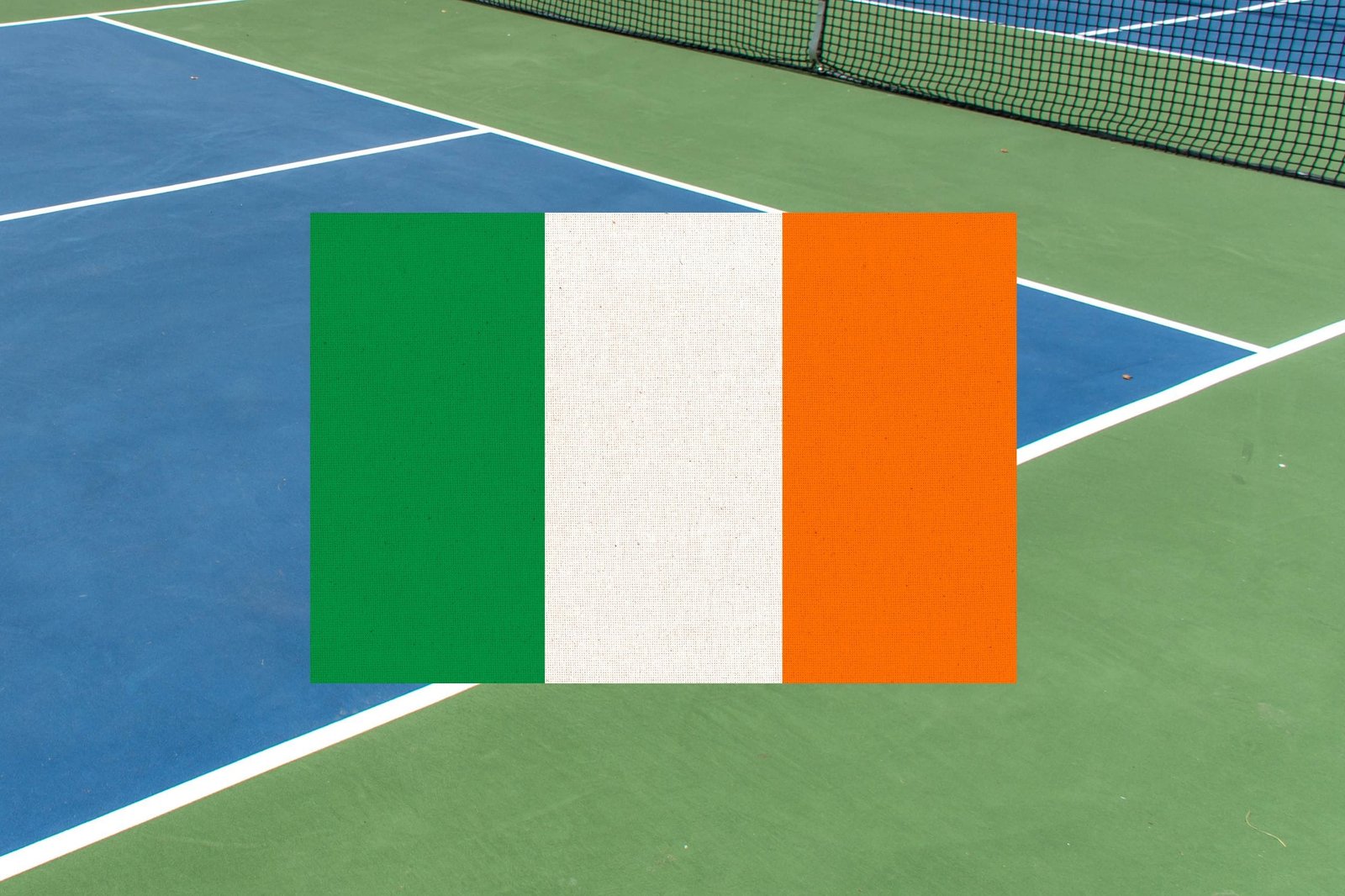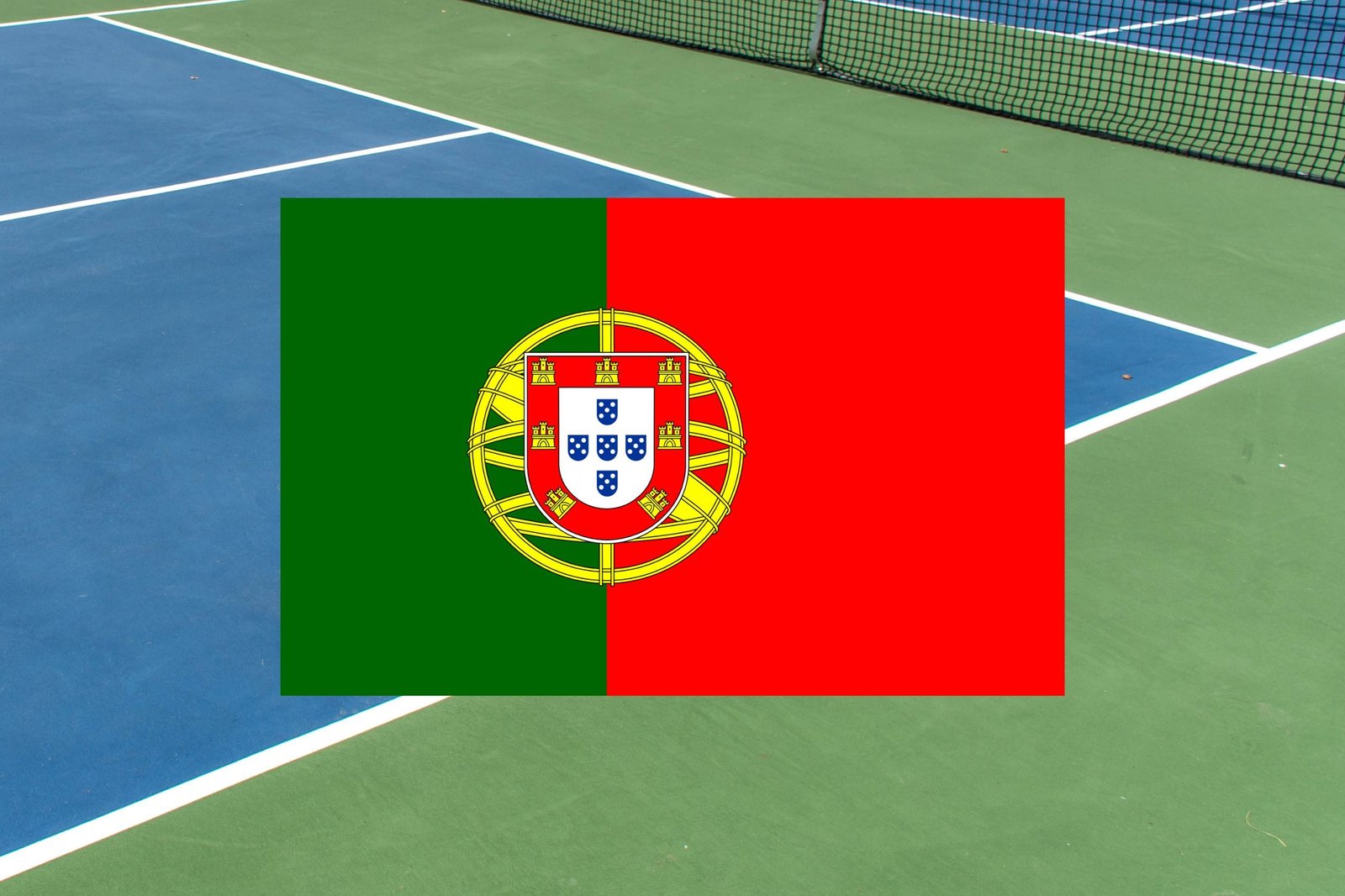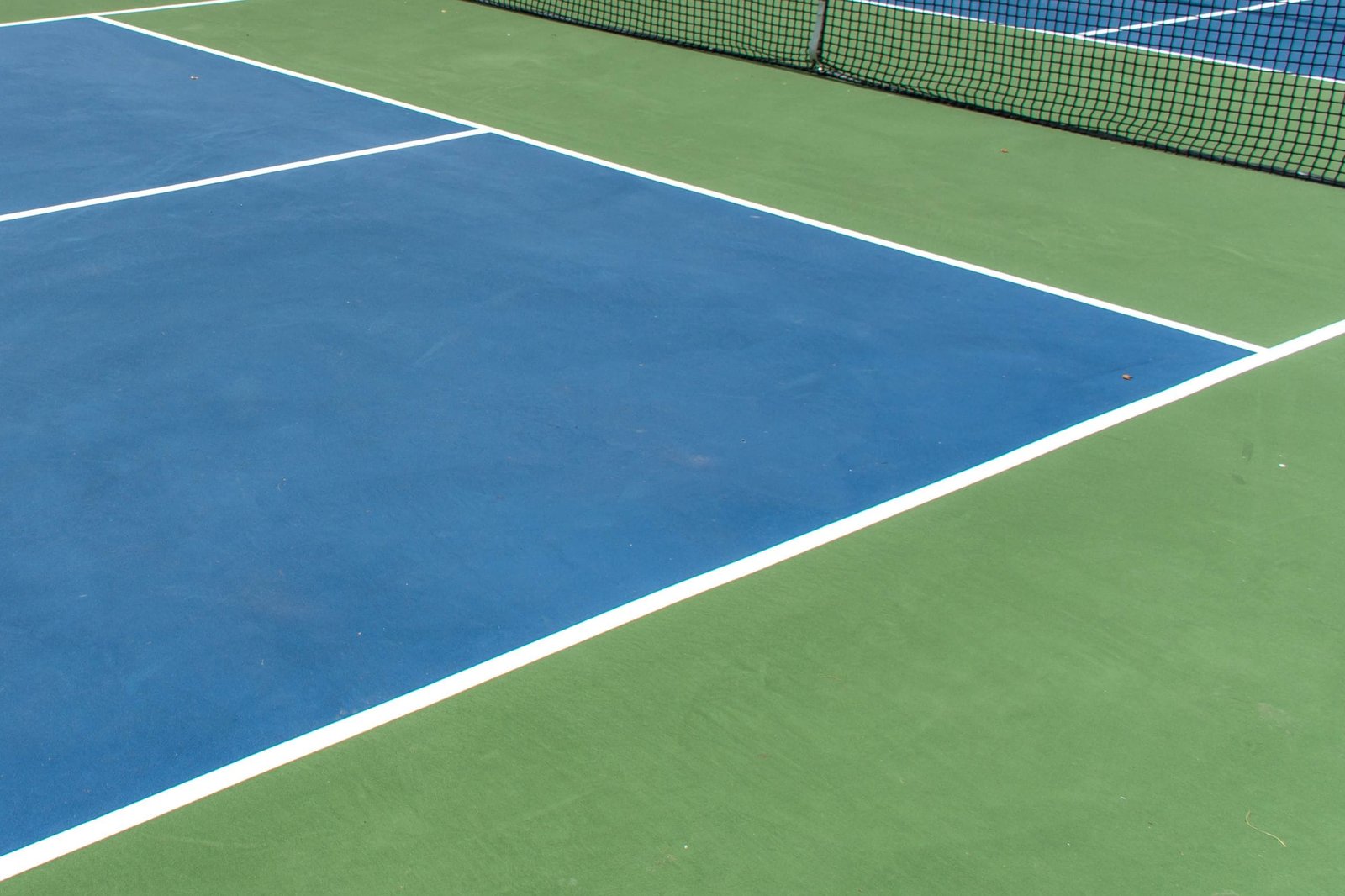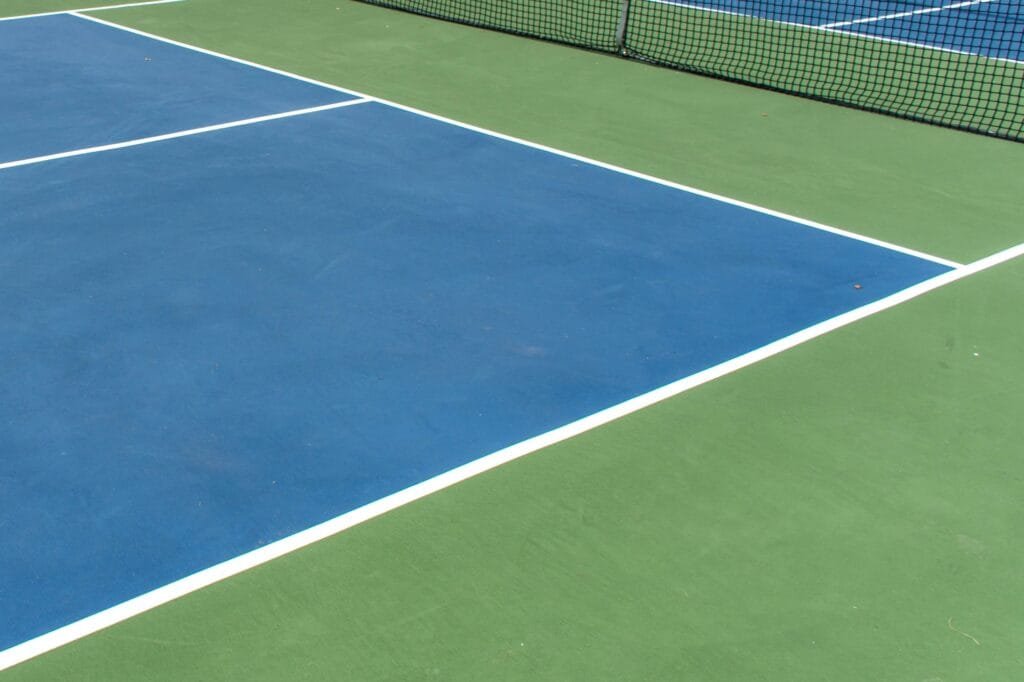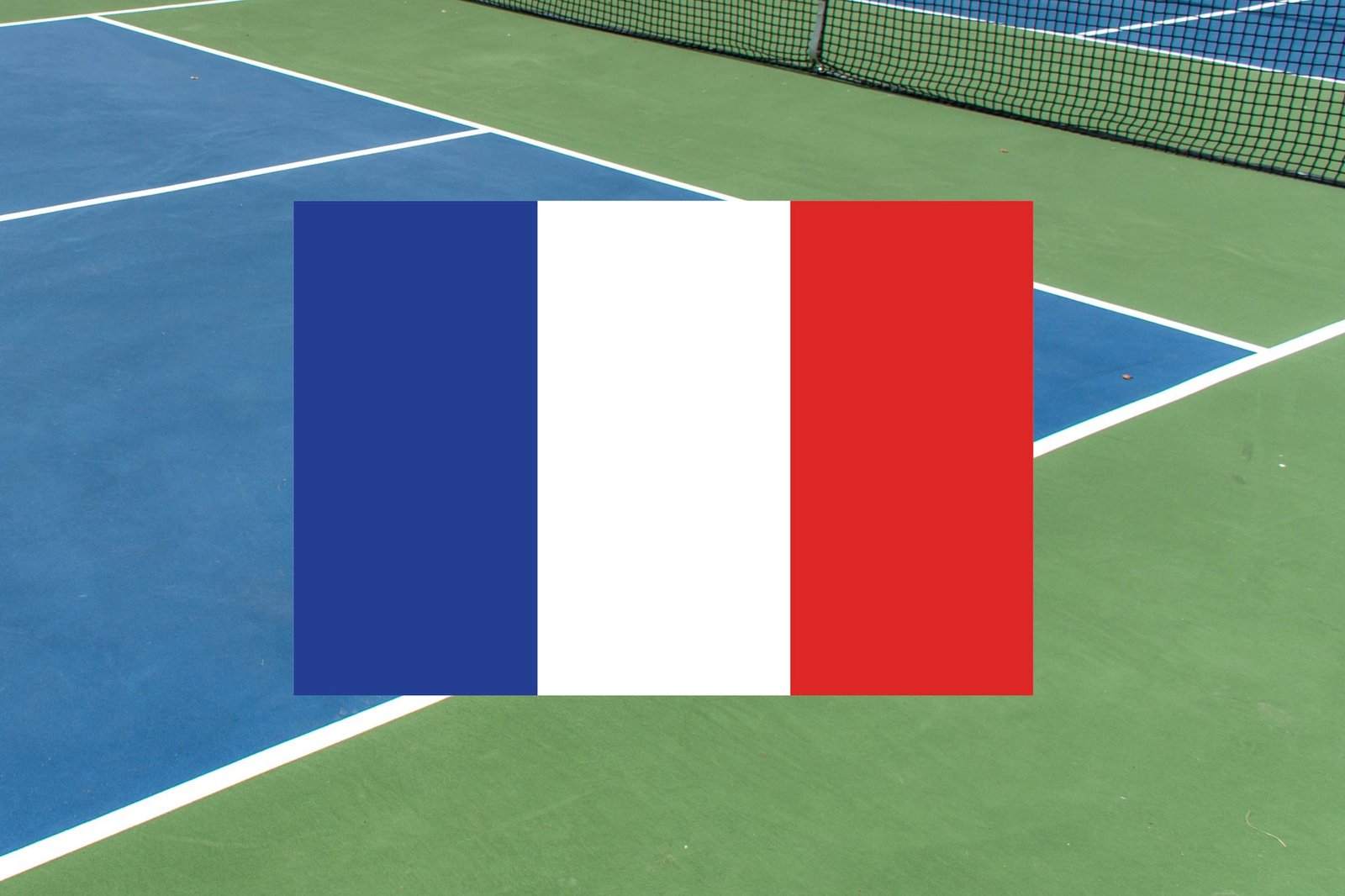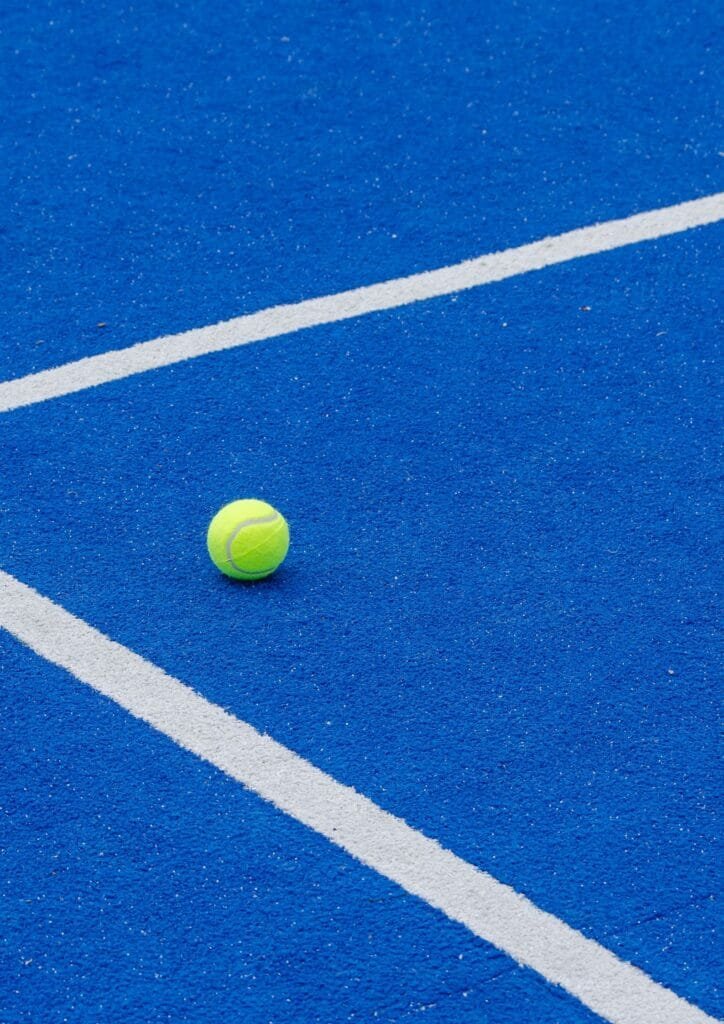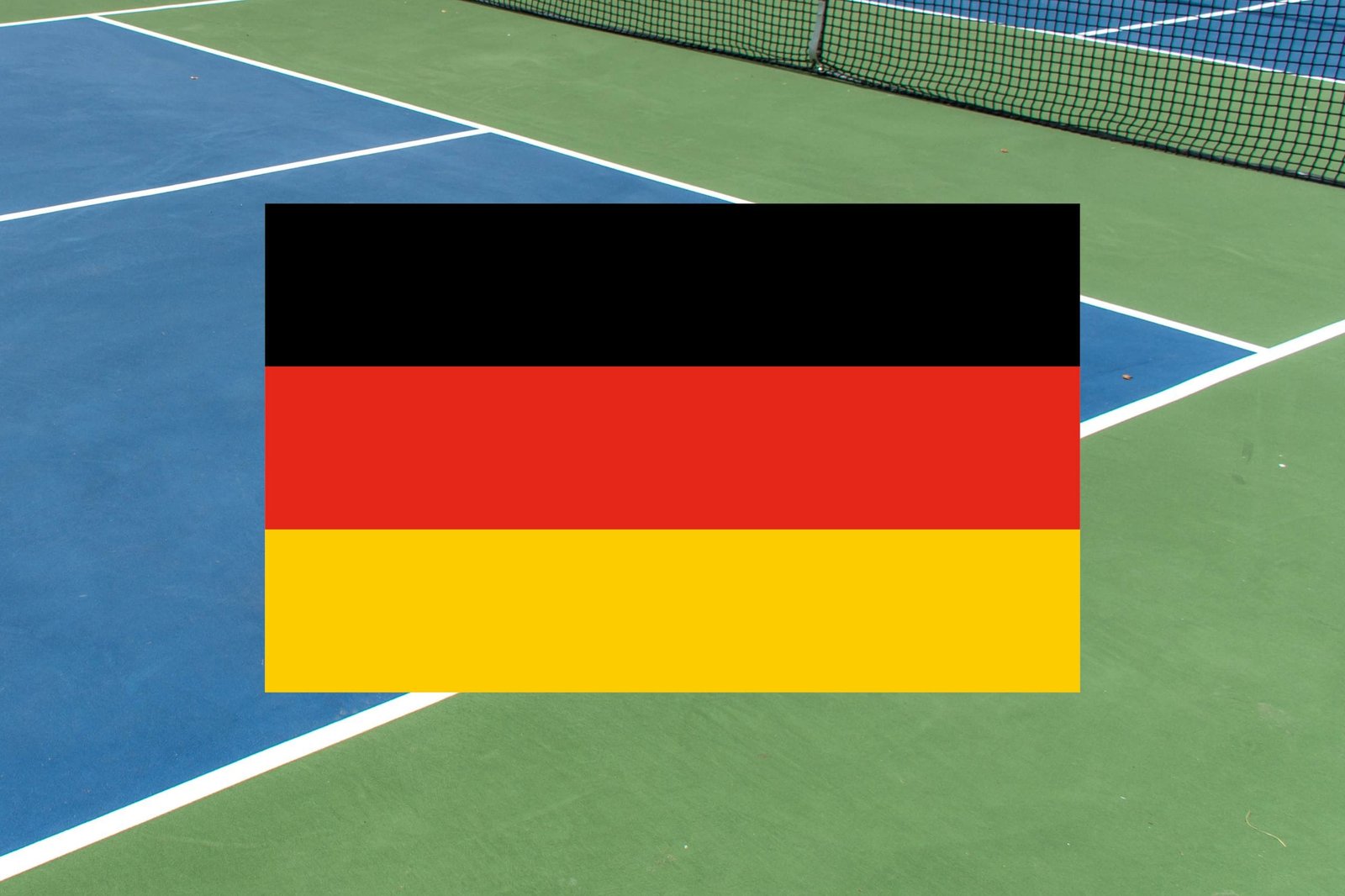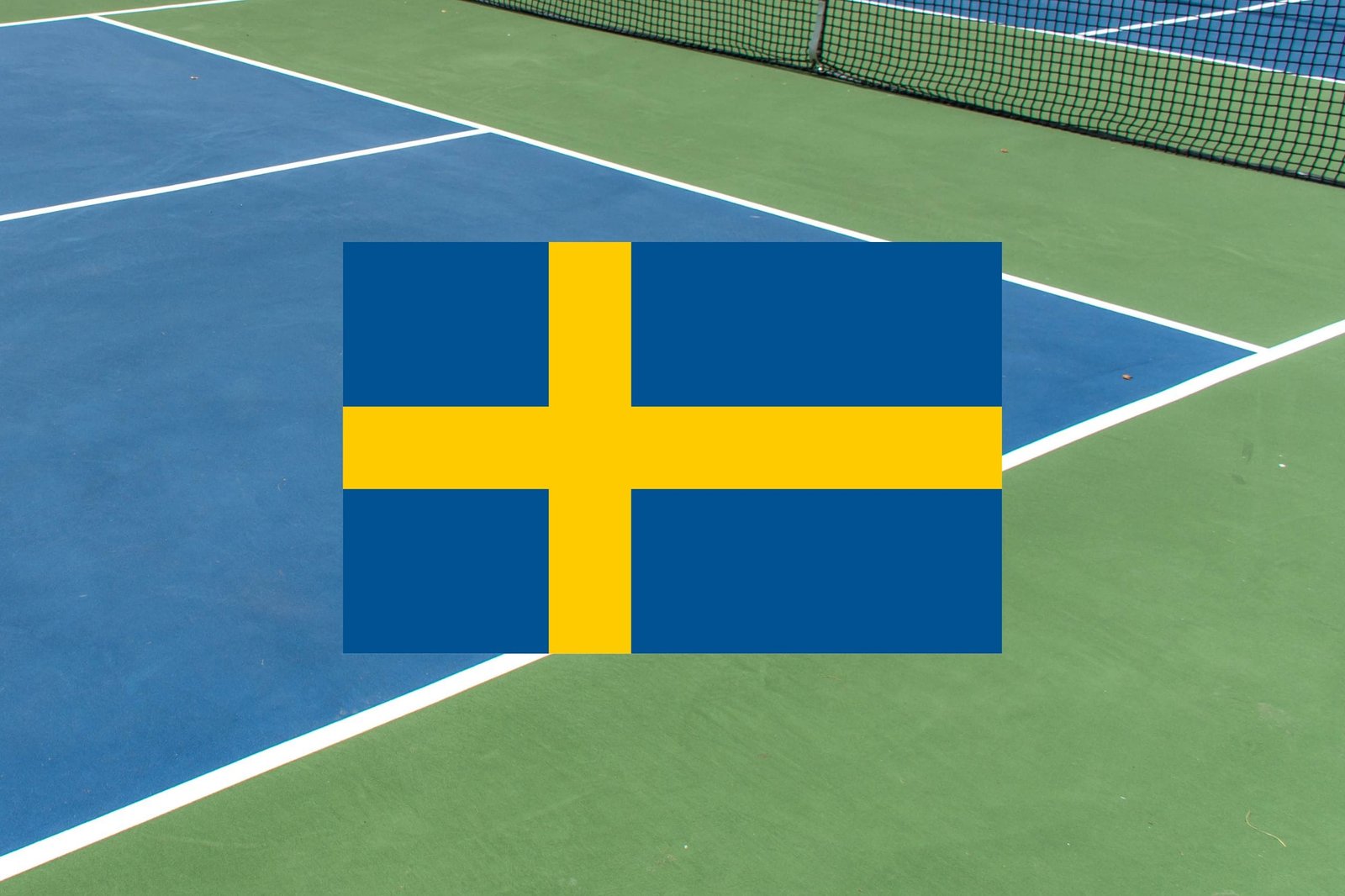
How to become a Pickleball Coach in Sweden. Pickleball is one of the fastest-growing sports globally, and Sweden is no exception to this trend. With its active population and love for outdoor activities, Sweden offers an excellent environment for pickleball to thrive. As more pickleball courts open throughout the country, especially in cities like Stockholm, Gothenburg, and Malmö, the demand for knowledgeable instructors is rising. If you enjoy pickleball and teaching others, becoming a pickleball coach in Sweden is an exciting opportunity.
This guide will walk you through the essential steps to becoming a successful pickleball coach in Sweden.
1. Understand the Role of a Pickleball Coach in Sweden
A pickleball coach in Sweden helps players of all ages and abilities learn the game, improve their skills, and enjoy playing. Coaches teach everything from basic rules and techniques to advanced strategies and fitness.
In Sweden’s growing pickleball community, coaches play a crucial role in promoting the sport and encouraging participation.
2. Build Strong Playing Skills
To become a competent pickleball coach in Sweden, you must develop solid pickleball skills. This includes mastering the fundamentals: serving, volleying, dinking, footwork, and scoring.
Join local pickleball clubs or groups, which are increasingly active in major Swedish cities. Playing regularly with a variety of skill levels prepares you to coach diverse players effectively.
3. Get Certified
Sweden currently does not have a national pickleball coaching certification, but international certifications are widely respected and recommended. Two popular options are:
- International Pickleball Teaching Professional Association (IPTPA)
- Professional Pickleball Registry (PPR)
These certifications cover essential coaching techniques, safety, and lesson planning, making them ideal for aspiring pickleball coaches in Sweden.
4. Comply with Legal and Safety Requirements
If you plan to coach professionally in Sweden, it’s important to comply with local legal requirements, including:
- A clean criminal record (Polisregisterutdrag)
- First aid and CPR certification
- Liability insurance, especially if you coach independently
You may also need to register as a self-employed professional (“enskild firma”) for tax purposes.
5. Gain Hands-On Experience
Practical coaching experience is invaluable. Start by volunteering at local clubs or community centres to build confidence and refine your teaching skills. Offering beginner sessions or group clinics is a great way to establish yourself as a pickleball coach in Sweden.
6. Promote Your Coaching Services
Marketing your services effectively is key to growing your coaching career. Use social media platforms like Facebook, Instagram, and LinkedIn to share pickleball tips, player success stories, and upcoming lesson schedules.
Building a website or an online booking system can make it easier for clients to find and book you. Connecting with local sports clubs and expat groups also helps you reach more players.
7. Leverage Sweden’s Active Lifestyle Culture
Sweden’s strong outdoor culture and emphasis on health and wellness make pickleball a perfect fit. Many leisure centres and sports clubs are open to incorporating pickleball into their offerings. As a pickleball coach in Sweden, you can collaborate with these organisations to grow your client base.
8. Engage with the Swedish Pickleball Community
Joining Sweden’s pickleball community is vital. Attend tournaments, participate in workshops, and network with other coaches and players to stay updated on trends and opportunities. Active involvement increases your visibility as a committed pickleball coach in Sweden.
9. Commit to Lifelong Learning
The best coaches keep learning. Attend international coaching courses, watch professional pickleball matches, and continually refine your coaching techniques. This commitment helps you deliver high-quality instruction as a pickleball coach in Sweden.
Conclusion
Sweden’s increasing interest in pickleball offers great opportunities for those looking to become a pickleball coach in Sweden. Whether you want to work part-time or build a full coaching business, the sport’s growth ensures a promising future.
By honing your skills, gaining certification, building experience, and promoting yourself, you can become a respected pickleball coach in Sweden—helping others enjoy the sport while growing your career.
